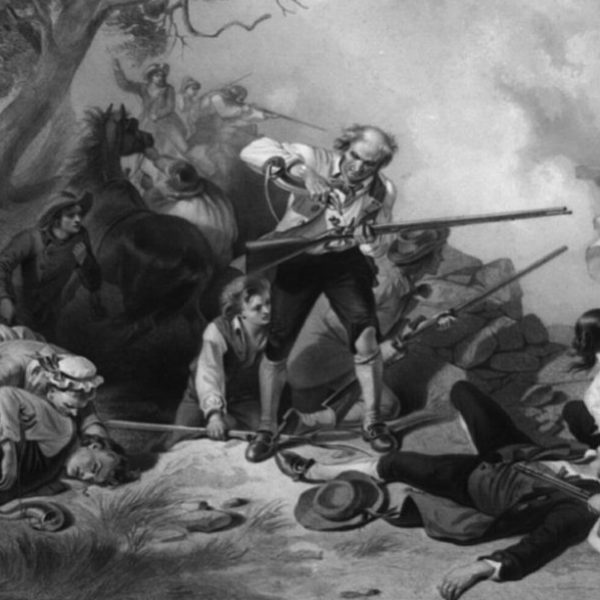To London, with Love: For the Returns Shopper
Ivan Lett
Admittedly, it’s a bit early in the season to think about gift returns, but today is the anniversary of the Boston Tea Party. The 1773 Tea Act was hardly a gift, but unless you’ve been hiding under the harbor all year, you know all about the current political party that has adopted the name—and the “returns” philosophy surrounding political discourse on taxes, spending, and the state of economic affairs. But we’ve come a long way from protesting the duties and tariffs of the 1700s—at least, we’re holding more signs and taking it easy on the Mohawk disguises.
Today, Benjamin Carp, author of Defiance of the Patriots: The Boston Tea Party and the Making of America, will be at the Colonial Society of Massachusetts and the National Society of the Daughters of the American Revolution – Boston Tea Party Chapter to talk about his book. In a recent interview with TIME, Carp discusses how the original event was “a story of world  importance,” affecting global trade and economic interests, and while he notes that today’s Tea Party is certainly different, “the idea of companies too big to fail being propped up by government, the idea of an organization that is both local and national in character — all these things would have been familiar in 1773.”
importance,” affecting global trade and economic interests, and while he notes that today’s Tea Party is certainly different, “the idea of companies too big to fail being propped up by government, the idea of an organization that is both local and national in character — all these things would have been familiar in 1773.”
More popularly, the Tea Party is remembered as a key lead-up event to what led us to split with you, dear London. Caleb Crain wonders in this week’s New Yorker if the Tea Party was such a good idea in the first place. So much of the revolutionary activity centered in Boston belies the closer relationship with Britain sought by New England Federalists after the Revolution. Meanwhile, Republicans, and notably Southerners, wanted greater isolation from Britain. Oh, until the Civil War and then the South wanted to attract British trade for their cotton, but by then, that was a different Republican Party. And then, the Solid South voted Democratic for almost a century, but recently, it’s been mostly Republican voting, so some New Englanders think any “red state” is therefore Southern. What’s the point of all the madness and confusing names and changing interest?
Things come and go, change to and fro. Or something catchy like that: my advice for the day.
Ivan Lett is Online Marketing Coordinator for Yale University Press.



